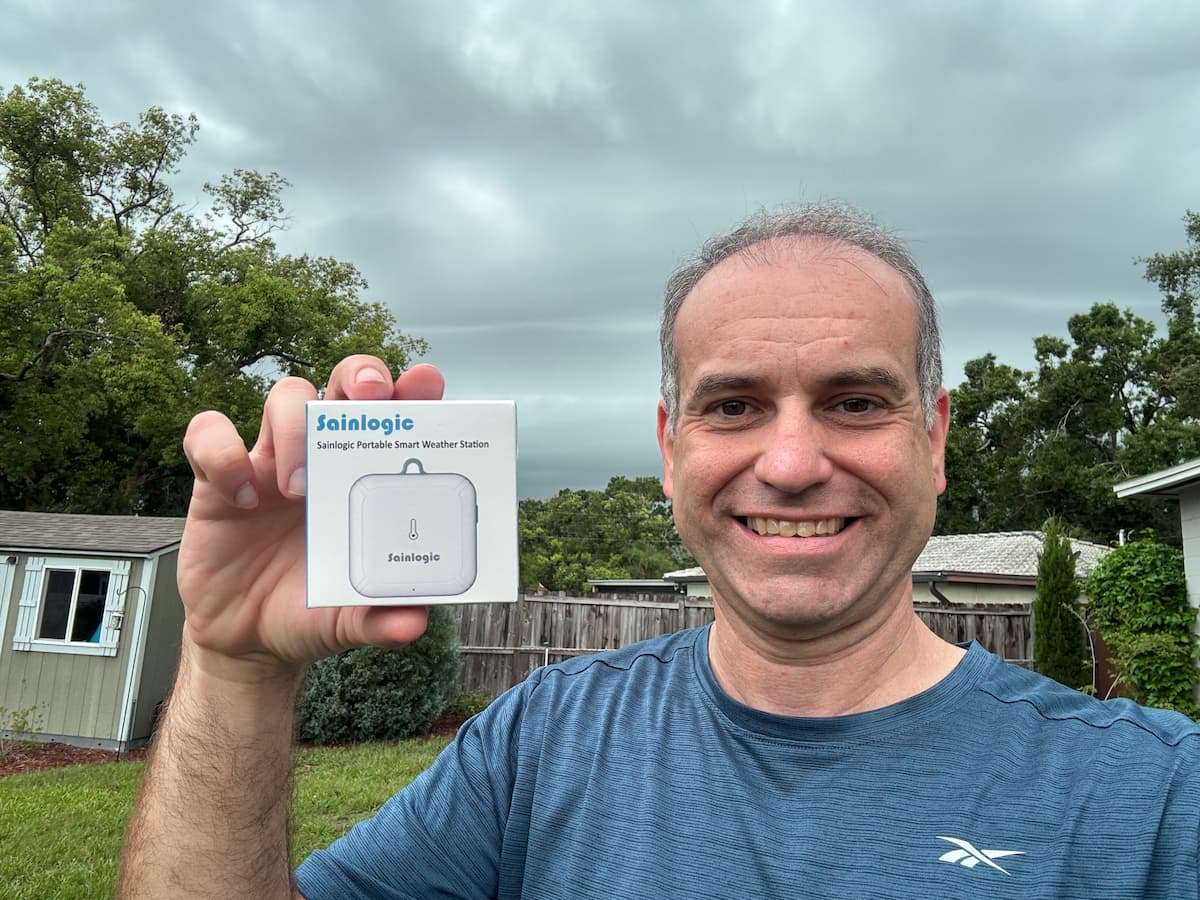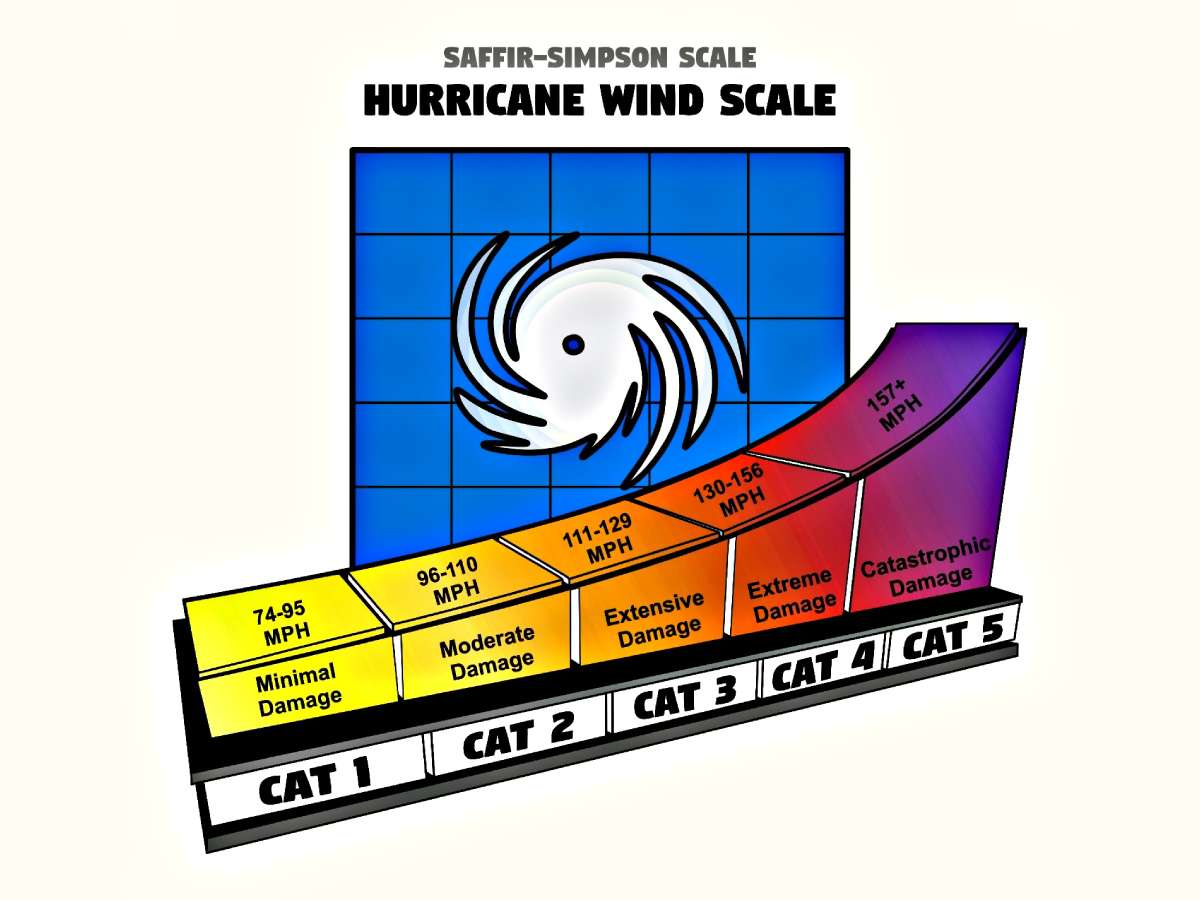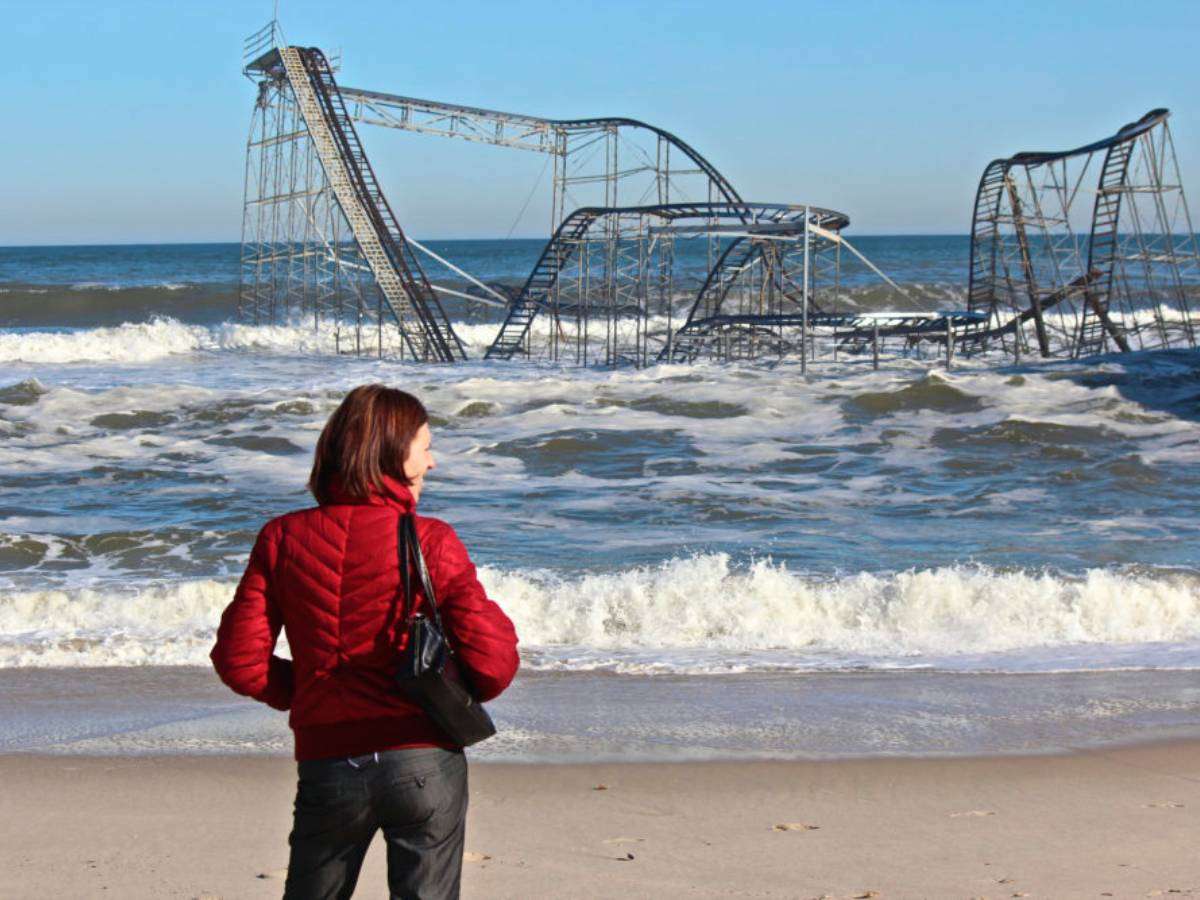
Getting struck by lightning is no joke.
Being struck by lightning is a serious — and sometimes deadly — reality for hundreds of people in the United States each year.
Don’t become a statistic. Protect yourself.
That’s what Michael Utley is trying to help you do with the lightning safety website that he started after being struck by lightning.
Struckbylightning.org helps you avoid the life-altering effects that each potentially deadly lightning strike can carry with it.
How To Avoid Getting Struck By Lighting Outdoors
Some tips to stay safe from lightning when you’re outside include:
- Do not remain outdoors (or in water) when lightning is near. (Use these free lightning strike maps to monitor lightning nearby.)
- Do seek enclosed shelter during lightning storms (even in a car).
- Do carry a lightning detector in case you get caught outside as a storm’s approaching.
- Do wait at least 30 minutes after the last lightning strike or clap of thunder before returning to outdoor activities. (Remember, if you can hear thunder, there’s a chance you could be struck by lightning. Even if the thunder is far off, lightning can still strike you — because there can be up to 30 minutes in between lightning strikes.)
What is a proper distance at which to suspend activities, and equally important is at what point is it safe to resume activity? The National Lightning Safety Institute (NLSI), the (NWS), and the National Federation of State High School Associations (NFHS) all recommend the “30-30 Rule”. The 30-30 Rule states that when you see lightning, count the time until you hear thunder. If this time is 30 seconds or less, go immediately to a safer place. If you cannot see the lightning but hear thunder, the thunder alone means the lightning is likely within striking range. Wait at least 30 minutes or more after the last thunder or lightning before resuming activity.
– Source
This guy was pumping gas at a gas station when lightning struck the ground and went through his body:
Check out this surveillance camera which shows one man being struck by lighting… twice!
How To Avoid Getting Struck By Lightning Indoors
In case you’re wondering… Yes, you can be struck by lightning indoors!
Lightning primarily travels through phone lines, plumbing, and wiring.
Some tips to avoid getting struck by lightning in your house or some other building:
- Stay off corded phones. You can use cordless phones and wireless phones without worry during a storm.
- Don’t touch electrical equipment or cords. In fact, you should unplug electronic equipment before the storm arrives.
- Avoid all forms of plumbing. Don’t touch anything wet or filled with water. So do not wash your hands, take a shower or wash dishes during a storm.
- Be in the safest place in your home. For example, stay away from windows and doors, and stay off porches. Do not lie on concrete floors and do not lean against concrete walls.
Tornado Chasers Talk About Close Calls With Lightning
Following is some amazing video of tornado chasers’ extremely close calls with lightning.
Listen as the tornado chasers talk about the dangerous experiences they’ve had. (Don’t take your eyes off the video!)
That is really incredible video — because you can actually see the bolt of lightning itself strike right before your very eyes. The sound it produces is outstandingly loud!
Of course, some people may not think much about tornado chasers’ risk of being struck by lightning, but the truth is that being struck by lightning is a major concern any time that lightning is present.
Always play it safe wth lightning. If you can hear thunder, seek a safe, enclosed shelter immediately!




